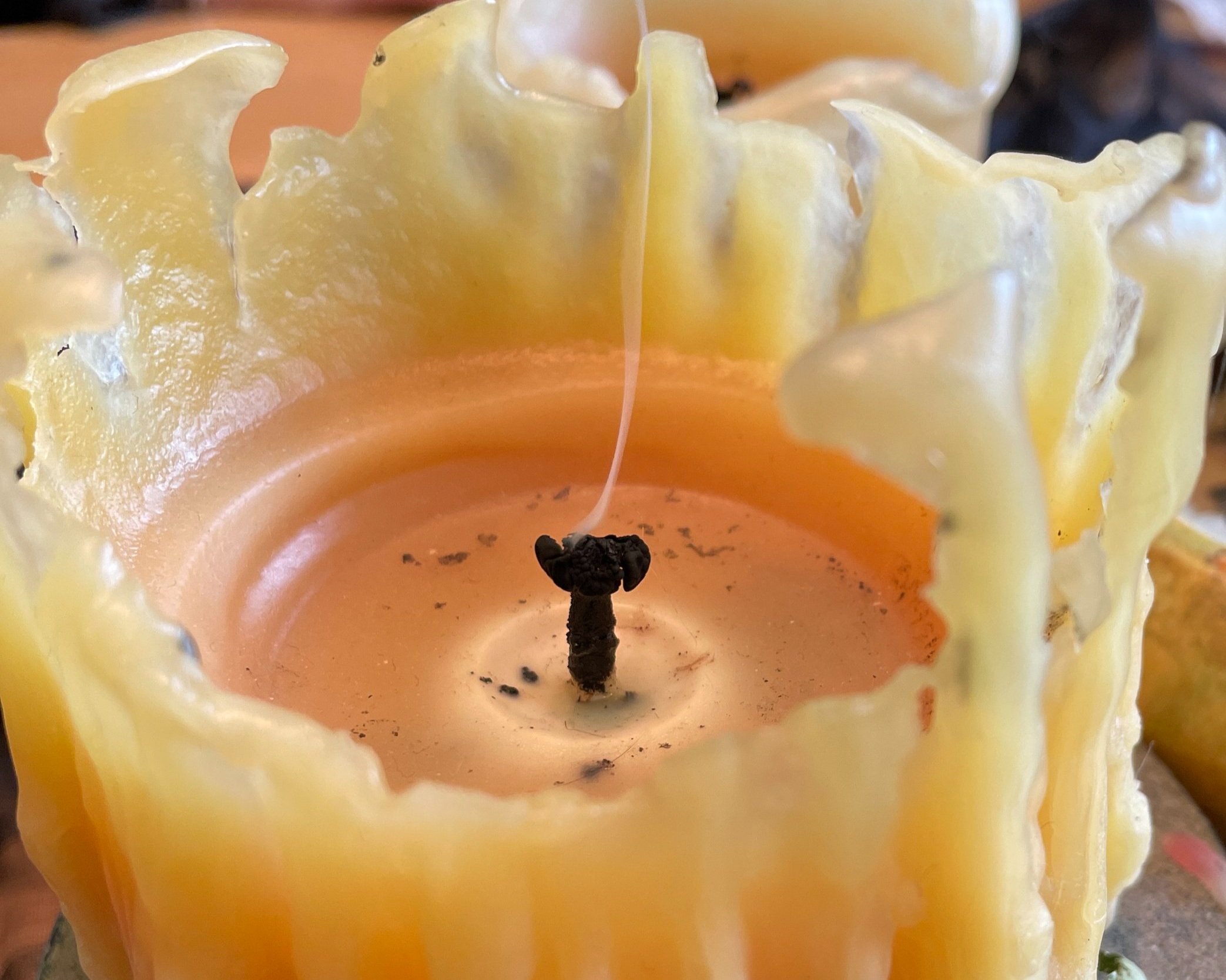Lessons from a dying woman
February 2022
By Kate Irving
I am in a reflective space – thinking back on all the people who have helped and supported and nudged and challenged me in my development as a death doula. All the teachers and mentors – some of whom are now dead. All the interactions and clues and coincidences and serendipities that helped me find my path to this way of being of service in my elder-ing times. Feeling immense gratitude for all of them.
One woman in particular came into my mind as I awoke on a recent morning – it felt like the story of our interaction was calling to be told. I was on a volunteer shift on a local palliative care unit several years ago. She was a patient. Her notes said she had no family. I knocked on her door and asked if she wanted company. She nodded. We introduced ourselves.
I sat by her bed quietly. She was lying still on her back, looking somewhat off into the distance in an unfocussed way. In a bit, she started to talk softly and slowly. She spoke about her life. She was of South Asian heritage. She and her husband had lived all over the world and ended up in Canada. He was a kind man, and she had a happy marriage. They had many adventures and opportunities. He had died. They had no children. She expressed gratitude for her life and a few regrets – one was that she had not taken the time to do things like volunteer as I was doing. She felt she had been selfish in some ways.
As she was speaking, she began to cry. Not big sobs. Just tears quietly leaking out of the corners of her eyes as she lay there. When she seemed to have finished speaking and crying, I got up and got a warm damp facecloth. She washed her face with it. More quiet time went by. Then I asked her whether she wanted to talk about what was making her sad. She turned her head and looked at me. Very intently.
“I’m not sad,” she said, “It’s just hard.”
In that moment I learned a big lesson – don’t make assumptions about anyone’s emotional state in their dying process. It is their process and by definition, we cannot fully share it with them. Our job is to companion, to witness, to honour, to learn. I am so grateful that she used some of her dwindling physical and cognitive energies in that moment to offer me that insight. Such a gift. And one I can re-gift to others.
I never saw her again. When I returned for my shift the next week, she had died.
This is one of those lessons we learn from the dying that are in fact completely applicable to how we relate to the living as well. Many blessings and much gratitude.

